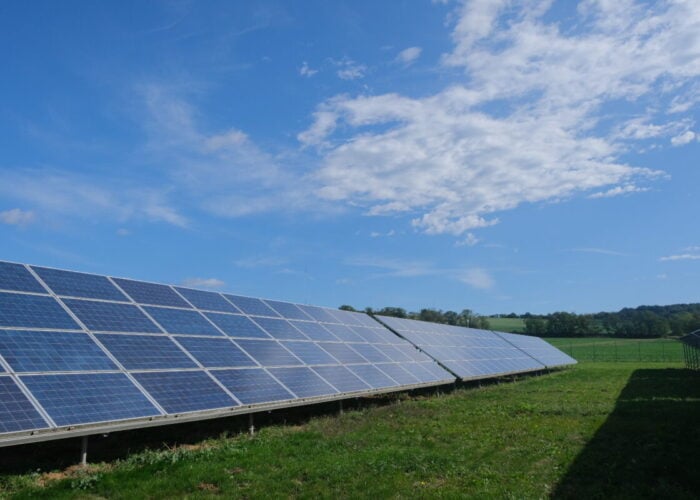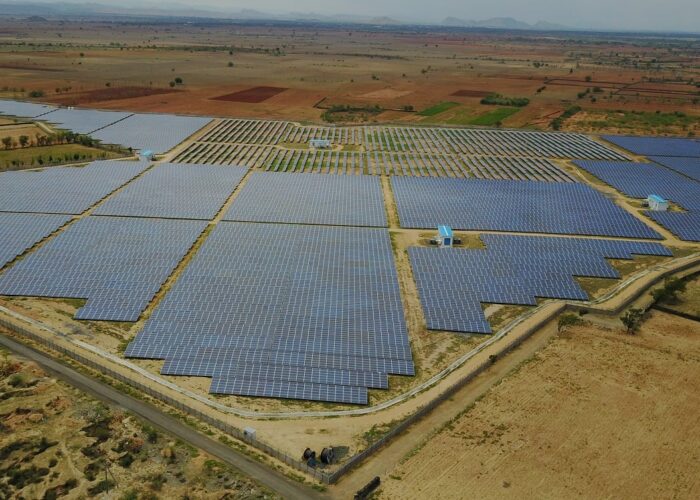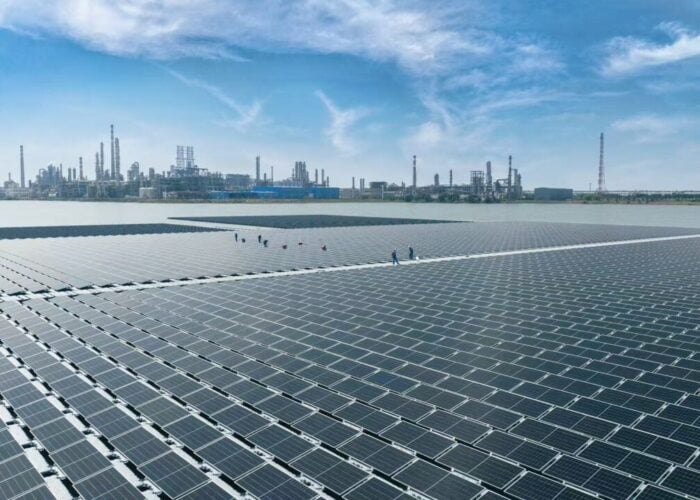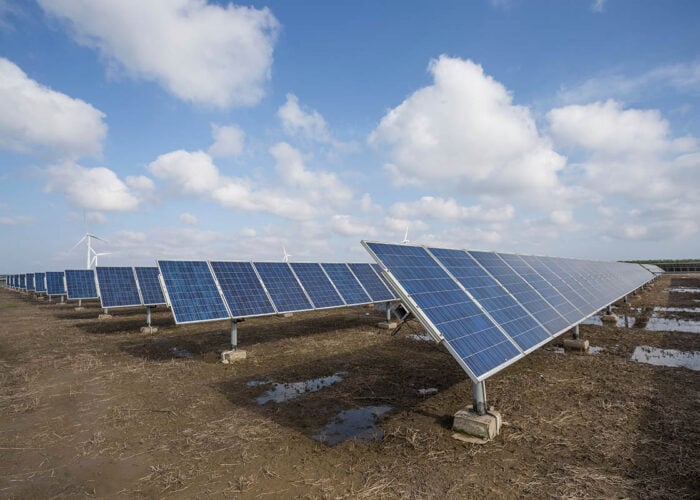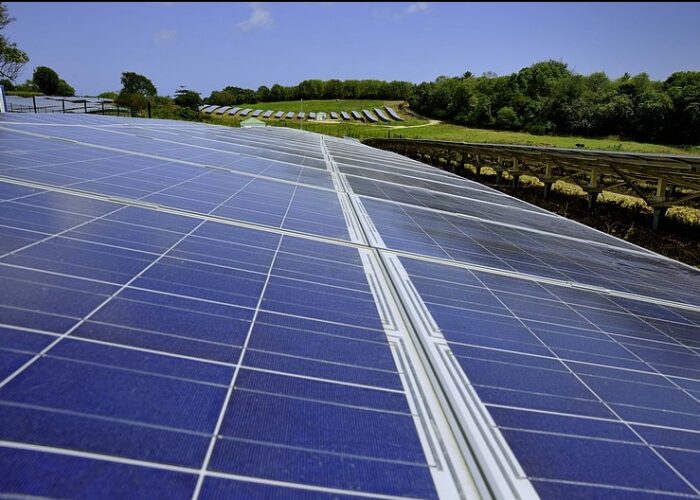Three in four California residential rooftop PV plants are now leased, as opposed to purchased and installed by the resident, according to a study by global think-tank Climate Policy Initiative (CPI).
The study also claims that leased systems do not cost federal taxpayers more money than other solar power plants and that there is “no reason to prohibit solar leasing”, as some US states currently do.
Unlock unlimited access for 12 whole months of distinctive global analysis
Photovoltaics International is now included.
- Regular insight and analysis of the industry’s biggest developments
- In-depth interviews with the industry’s leading figures
- Unlimited digital access to the PV Tech Power journal catalogue
- Unlimited digital access to the Photovoltaics International journal catalogue
- Access to more than 1,000 technical papers
- Discounts on Solar Media’s portfolio of events, in-person and virtual
Under various schemes, including the California Solar Initiative, individuals and companies to receive cash rebates for electricity provided to the grid from PV systems that are owned outright. In the case of leased systems, residents of buildings with rooftop PV installed pay a third party leasing company to provide and install the system as well as taking responsibility for maintenance.
The appeal for a householder of leasing a rooftop PV system is the simplicity of becoming involved in solar power generation, saving money on energy bills, without facing the immediate capital outlay associated with installing and running a system by themselves. The benefits to a lease company include receiving a 30% tax credit as well as receiving Renewable Energy Credits (REC) against the amount of electricity generated and carbon dioxide offset.
According to the CPI study, the number of leased rooftop PV installations in California grew from 10% in 2007 to 56% in 2011, jumping to 75% in 2012. At present leasing is only allowed in a handful of US states, with Georgia and South Carolina among those currently considering its introduction.
And although leasing initially cost more to the federal taxpayer when it was first introduced, over the last two years the premium associated with leased systems has fallen, the report says.
“Consumers are used to electricity as a service,” said Uday Varadarajan, senior analyst at Climate Policy Initiative and co-author of the recent study. “The boom in solar leasing shows that policy can support the expansion of renewable generation in a cost effective way while meeting the needs of consumers.”
Under the terms of a typical lease, a homeowner or tenant will make monthly flat payments to a third party leasing company. Companies involved in leasing include Solarcity, which offers 15-year agreements, and Sungevity, which typically offers 10-year deals.
The study also argues that, as was the case with the California Solar Initiative, declining incentives will force solar installers and third party leasing companies to “identify and implement cost reductions” in order to remain competitive.
The study does note that in the long term there are further risks associated with leasing that may affect the further immediate growth in the number of rooftop installations in the state. For example, there may be changes to federal tax incentives, changes in the price of electricity and other shocks in supply and demand.
The main argument presented against leasing by various US consumer pressure groups appears to be that rooftop systems and their associated long term leases can have an impact on house prices and the potential difficulty of breaking or renegotiating a lease agreement on a PV installation in order to resell a property.

